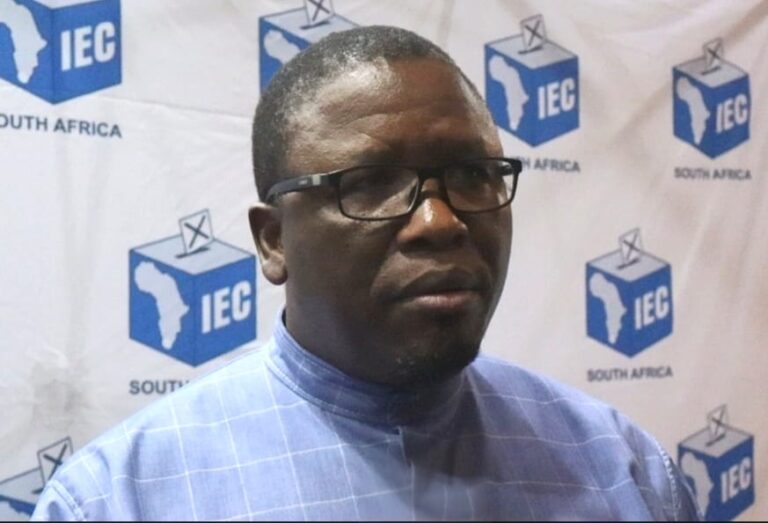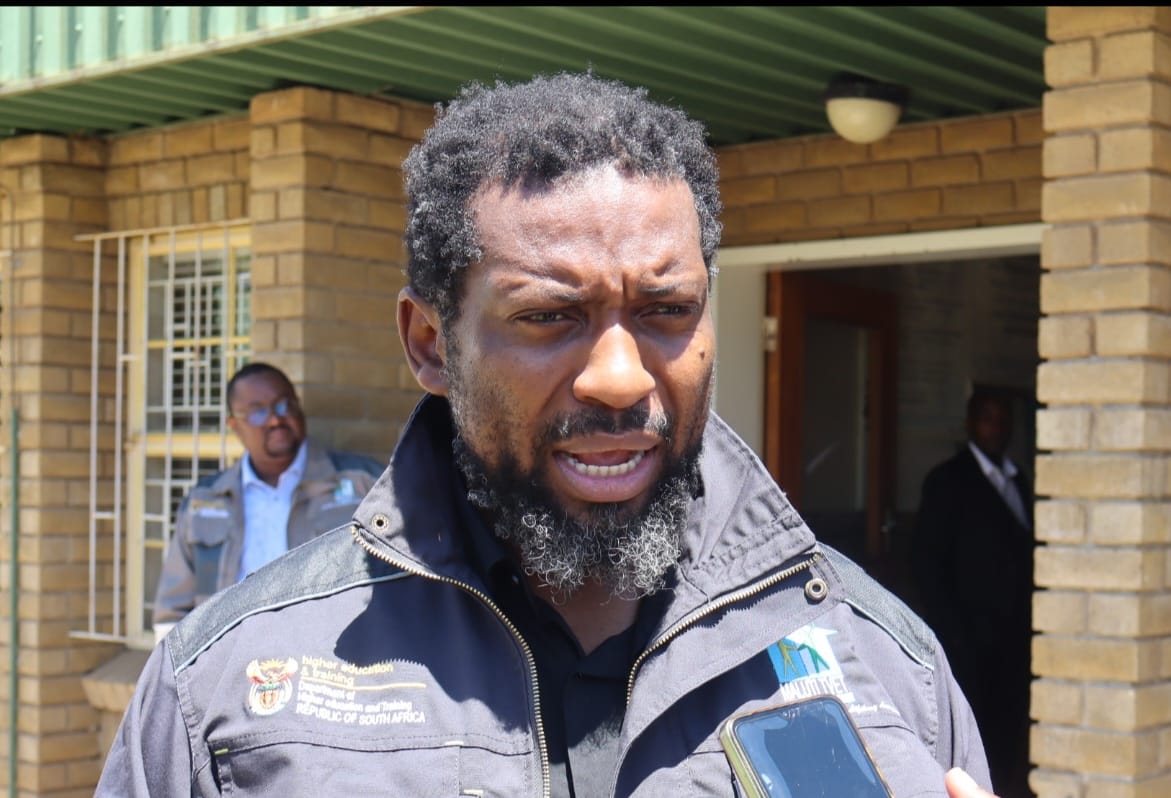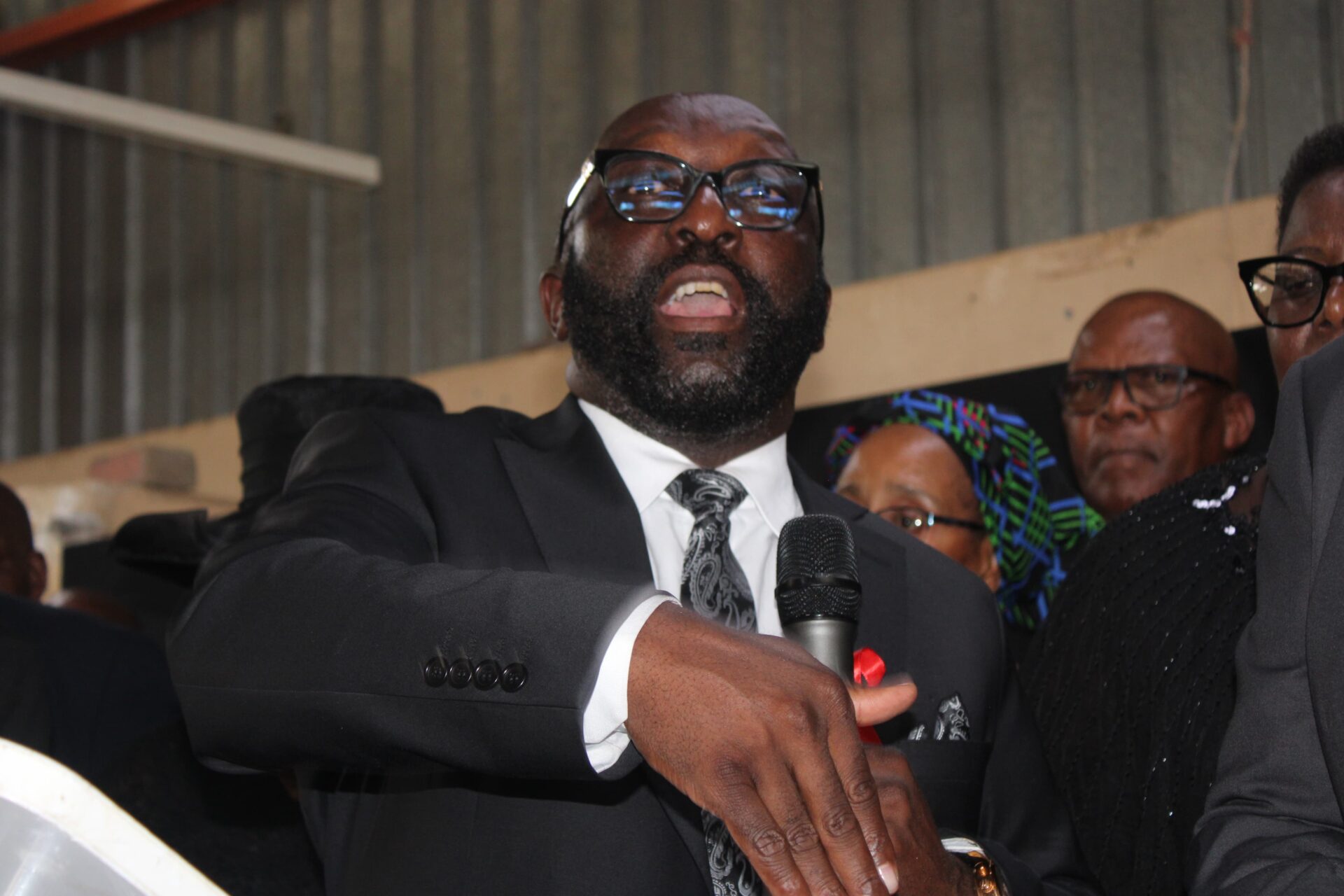By Emily Setona
BETHLEHEM – Heated debates over same-sex marriage, the minimum age for marriage and who qualifies to solemnise unions dominated the Marriage Bill public hearing hosted by Parliament’s Portfolio Committee on Home Affairs in Bethlehem, Dihlabeng, on 27 July.
The Bill, introduced in 2022, seeks to unify South Africa’s patchwork of marriage laws into a single framework recognizing civil, customary, religious and same-sex unions. It sets 18 as the legal marriage age and defines the requirements for marriage officers.
Supporters view it as a milestone for equality, but the Bethlehem meeting revealed deep divisions over religion, culture and constitutional rights.
Many speakers feared the Bill could override religious freedom. Themba Maseko, representing the Dihlabeng Council of Churches, voiced concern that clergy could face pressure to officiate ceremonies conflicting with their beliefs.
“We’ve heard that if you refuse to marry a same-sex couple, you’ll be in trouble. Our religion does not allow same-sex marriages, and the law should respect that,” he said.
Medlus Kotoloane of the Matwabeng Religious Leaders’ Organisation urged that pastors unwilling to perform such unions not be barred from serving as marriage officers.
“We do not hate them – they are part of us – but let them be married by same-sex pastors or at Home Affairs,” he said.
Others expressed concern about family tensions. Iris Botshingi of Maluti-a-Phofung said: “Children leave their families to marry who they want, and parents are excluded. Families must be considered.”
But traditional leader Morena Mokhele Mokhele III of the Bataung royal household backed same-sex unions, citing a personal story: “A gay relative of mine almost took his life after family rejection. We must respect people’s rights according to the Constitution. I don’t want anyone to be in my shoes.”
Advocate Moses Malakate, legal adviser to the Department of Home Affairs, clarified that the Bill does not compel religious leaders to conduct same-sex weddings.
“Only state-employed marriage officers must serve everyone,” he said. “Religious officers may decline without facing penalties.”
Several contributors argued that 18 is too young for marriage, pointing to high divorce rates among young couples. Chief Mokhele Mokhele III called for 23 as a more appropriate threshold. “At 18, people are not yet mature enough for marriage,” he said.
Moeketsi Noko of Senekal’s Ministry Forum agreed: “Young people often marry before achieving their personal and professional goals.”
Malakate stressed that the Bill does not promote early marriage but upholds the legal right of 18-year-olds to choose.
Kotoloane also criticized a clause barring anyone with a prior 12-month prison sentence, even if the conviction was later overturned. “What if I was arrested unfairly and later cleared?” he asked.
Lepasha Tshabalala pressed for clarity on objections raised during wedding ceremonies and the training of marriage officers.
“Will anyone be allowed to officiate marriages without proper preparation?” she asked. Malakate assured that training would be mandatory and open to candidates from religious and traditional sectors. “Marriage officers must be fit, proper and trained,” he said.
Several speakers feared Western-style civil marriages could erode African customs.“In traditional marriage, families resolve conflicts. Divorce is not part of our culture,” said Simon Mokaudi.
Kgauta Mofokeng urged the integration of customary and civil systems to protect inheritance rights and prevent legal confusion.
Portfolio Committee chairperson Mosa Chabane thanked residents for their input, promising careful consideration of religious and cultural concerns. Committee representative Nicole Bollman reminded attendees that oral and written submissions would shape the Bill. Written submissions remain open until the end of October.



















